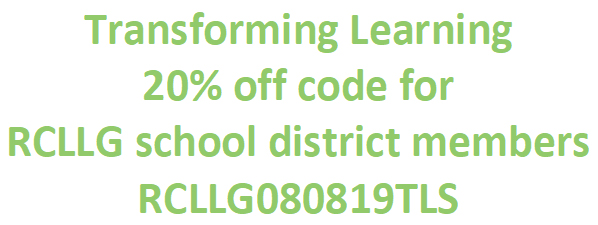What is ChatGPT?
ChatGPT is a generative AI tool developed by OpenAI, a non-profit founded by Silicon Valley titans including Elon Musk and Sam Altman. It is designed to interact with users in a way that mimics human dialogue. The tool became available via a research release on November 30, 2022 and was an immediate hit –within a week it attracted more than a million users.
Functionally, ChatGPT is designed to answer questions. It is, of course, far from the first chatbot. The concept has existed for decades, with early examples including SmarterChild, developed by Colloquis(later acquired by Microsoft) and a host of other generative AI tools that facilitate content creation, provide support to customers, and even allow for natural language search. ChatGPT takes things to the next level, however. It can write poetry, debug code, and even generate passable marketing copy.
How does it work?
OpenAI trained the modelusing supervised learning and reinforcement learning. Essentially, a human demonstrated desired behavior and supervised the output produced by the model, reinforcing the learning by ranking outputs based on their quality. In rinse, lather, and repeat fashion, this produced a set of high-quality outputs that catered to the preferences of the human labelers. This is a process similar to those used in other iterations of the Generative Pretrained Transformer Model (ChatGPT represents version 3.5 of this model). OpenAI trained the model in partnership with Microsoft and made extensive useof the Azure cloud’s supercomputing infrastructure in training the model.
Criticisms and verdict
The tool is undoubtedly very powerful, but in the short time it has been available it has attracted criticism for its accuracy (Stack Overflow banned answers generated by ChatGPT, claimingthey’re often wrong but look accurate), perceived bias, and even proposing torture. The model finished training in early 2022 and does not have access to the internet or other external sources of information.
So, is ChatGPT a gimmick? Is it “dumber than you think” (as The Atlanticput it) or will it “kill search,” upending the web as we know it. Who better to ask than ChatGPT itself: “I am not a gimmick, but rather a tool that can be used in a variety of applications to generate natural language text. Whether or not I am valuable depends on how you plan to use me and what your goals are.”
In this case, it’s probably exactly right. Three use cases, including product development, customer service, and enterprise support present incredibly compelling use cases –provided you manage your expectations. Those cases are reviewed here.













